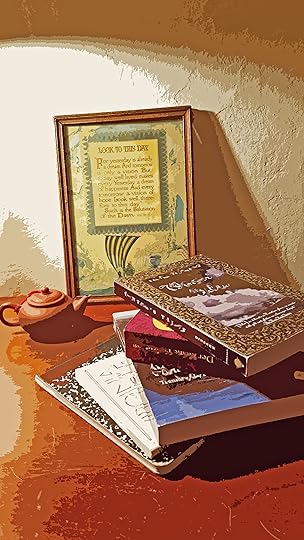A Model for Bold Writing: Adam Johnson

The first story in Adam Johnson’s Fortune Smiles reminded me of the world he explores—the human situation, realistically, at its worst and at its best. I recalled specifically his novel The Orphan Master’s Son in which the horrors of North Korea’s totalitarian society were closely depicted. As a reader, I wanted to escape that regime, find happy endings for everyone, but stayed because of the truth being presented and because of a core thread, a love of and respect for humans and humanity. That love and respect pervades also Fortune Smiles. The collection would be a good study for writers who want to examine but not exploit sensitive and even ugly situations.
Johnson’s characters are in extreme circumstances, some of them off-putting, but certainly real: a man facing and dealing with the complete paralysis of his young wife; a man taking care of a young boy in the aftermath of the Katrina and Rita hurricanes in New Orleans; a woman dying of cancer in the midst of her young family; a man being introduced, by his victim, to his own part in the holocaust; a pedophile fighting his nature and fighting against those who share it; defectors who love their country. All these extremes are believable and understandable because multiple, specific details establish Johnson’s authority and his world’s reality: complex settings of intimate or foreign nature, modern technology in myriad uses, medicine, communication, punishment, crime.
Throughout, there’s little doubt what to admire, what at least to understand, what to fight and deplore. Even the most callous, seemingly unredeemable character, has a moment when, though the reader might not soften judgment a character does—not forgiving, but showing compassion to the compassionless. It is the high road we have learned to see better and appreciate in our time. We also see the circuitous, evasive reasoning that allows a person to hide from self and others.
In Johnson’s Fortune Smiles, we have the family defined as the family of man. It’s overtly stated in one story and implied by the collection. The problems rampant in our own culture and in the world are being suffered by humans—those we like and those we don’t; they’re part of our community.
Johnson’s stories aren’t for everyone. I wouldn’t recommend them to many of my reading friends who aren’t prepared to explore sad situations. Sometimes we want to be entertained, to have our hearts lifted, to laugh, and go into the world with a good feeling. There are many, many works that provide that vital warmth. But Johnson’s work looks deeply at suffering and how the spirit deals with it, rises above it, and that is also hopeful and warm. He has a great moral strength and reading his work bolsters that while also educating and increasing empathy in hard-to-understand situations, something our divided country needs more than ever.



